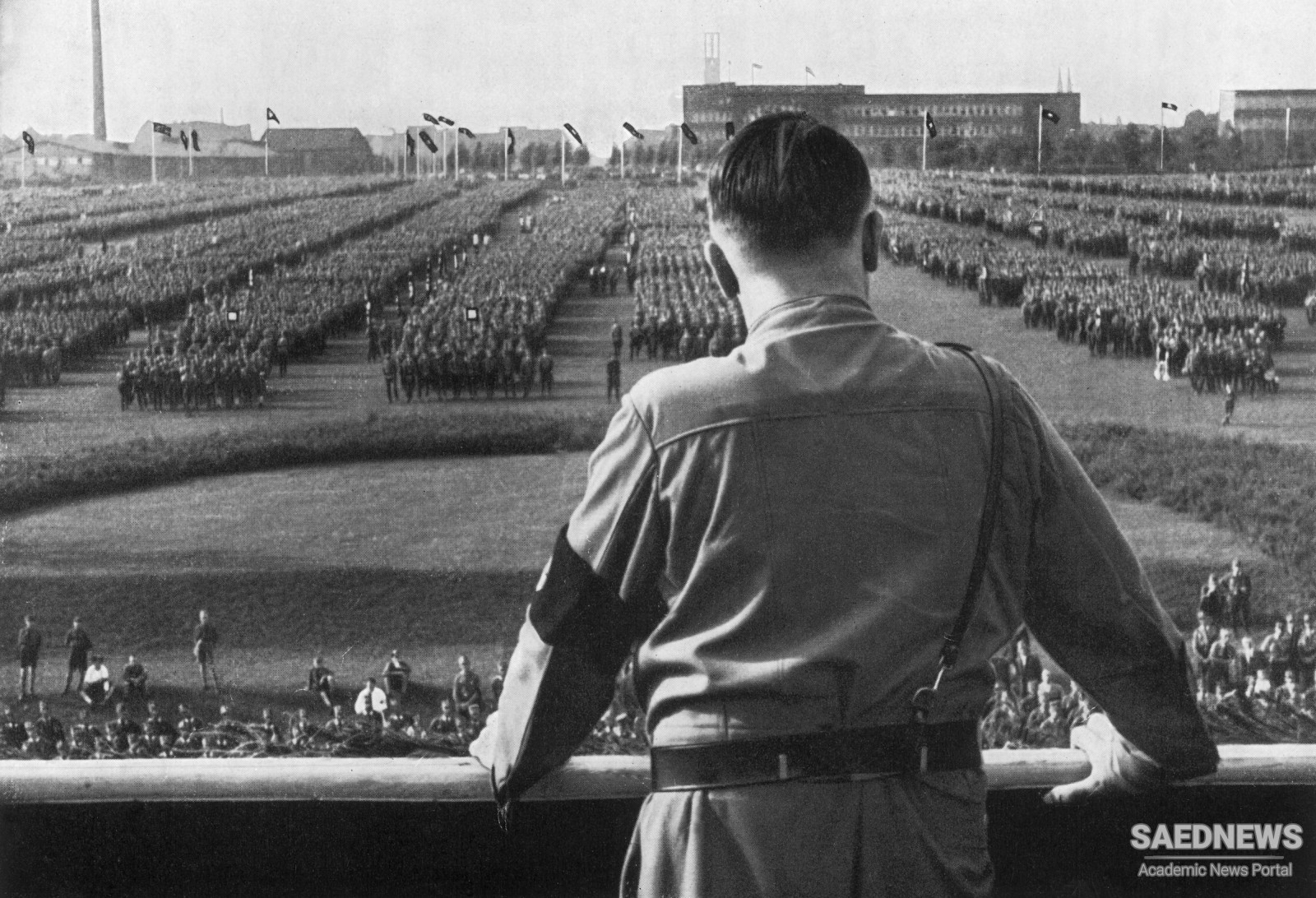Even before San Francisco, while the war was raging, new international organisations had been formed for particular purposes. It was hoped these would eventually form part of a wider United Nations system. Already in 1943 the United Nations Relief and Rehabilitation Administration (UNRRA) had been established to help restore and supply the devastated areas of Europe occupied by the advancing Allied armies. In the same year, a United Nations conference on food and agriculture was held at Hot Springs, Virginia, and led to the establishment of the Food and Agriculture Organisation (F AO) in the following year. In July 1944, the Bretton Woods Conference on monetary and financial questions bought about the establishment of the International Monetary Fund (IMF) and the World Bank (IBRD), to promote international action in the field of monetary affairs and development, respectively. In November 1944 a new International Civil Aviation Organisation (ICAO), to replace the moribund and incomplete organisation which had existed for the same purpose between the wars, was set up. And by the beginning of 1945 the ILO, which had emigrated from Geneva to Canada during the war, was beginning to agitate with some success for its re-establishment in a still more independent form in the postwar world. No decision had been reached about the precise relationship of such bodies with the future world organisation. It was generally felt that they should be associated with the new organisation, but should not be part of it, still less directly under it and subject to its orders. Some of these agencies had already existed for many years - the Universal Postal Union (UPU) and the International Telecommunication Union (ITU), for example - and there was no means, short of concerted action by all their members, for bringing them compulsorily under the authority of a new world body. To place all international bodies within the same structure would in any case have created a bureaucratic monstrosity of a kind most people wished to avoid. The idea of separate and largely autonomous agencies anyway fulfilled the view, at that time being expounded by the 'functionalists', that there was a better chance of inducing and strengthening international cooperation through separate agencies with a clearly defined functional purpose of their own.


 Global Aggression and Growing Sense of Necessity of Collective Security
Global Aggression and Growing Sense of Necessity of Collective Security














































